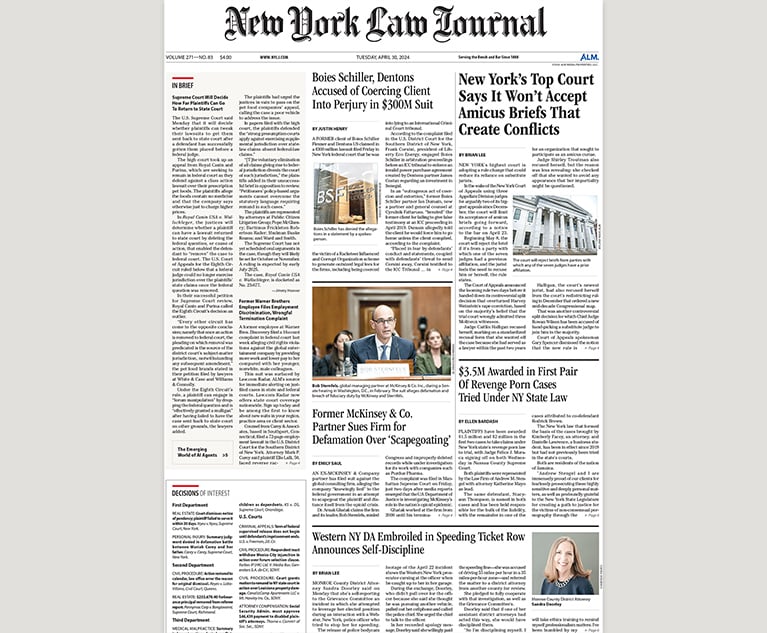The evolution of artificial intelligence programs presents an interesting dichotomy: If they are proven successful by increasing efficiency and enhancing effectiveness, should there also be a threshold mandate for their use in the legal profession, and if so, what ethical mandates should sit alongside such requirements?
Artificial intelligence (AI) enables machines to mimic human intelligence to perform tasks such as learning, decision making and problem solving and through the integration and use of AI in various industrial and financial sectors, transformative changes continue. The legal community has confronted the challenges of adapting to the use of AI with optimism and justifiably so. AI has been used to automate document analyses, enhance legal research, predict legal outcomes, and facilitate case management, resulting in increased efficiency and accuracy in the legal practice. Legal databases such as Lexis+ and Westlaw boast of new AI programs to transform legal research, contract analyses and document review while promoting “hallucination-free” legal support.


 Frances Green, left, and Rebecca Porter, right, of Epstein Becker Green. Courtesy photos
Frances Green, left, and Rebecca Porter, right, of Epstein Becker Green. Courtesy photos




